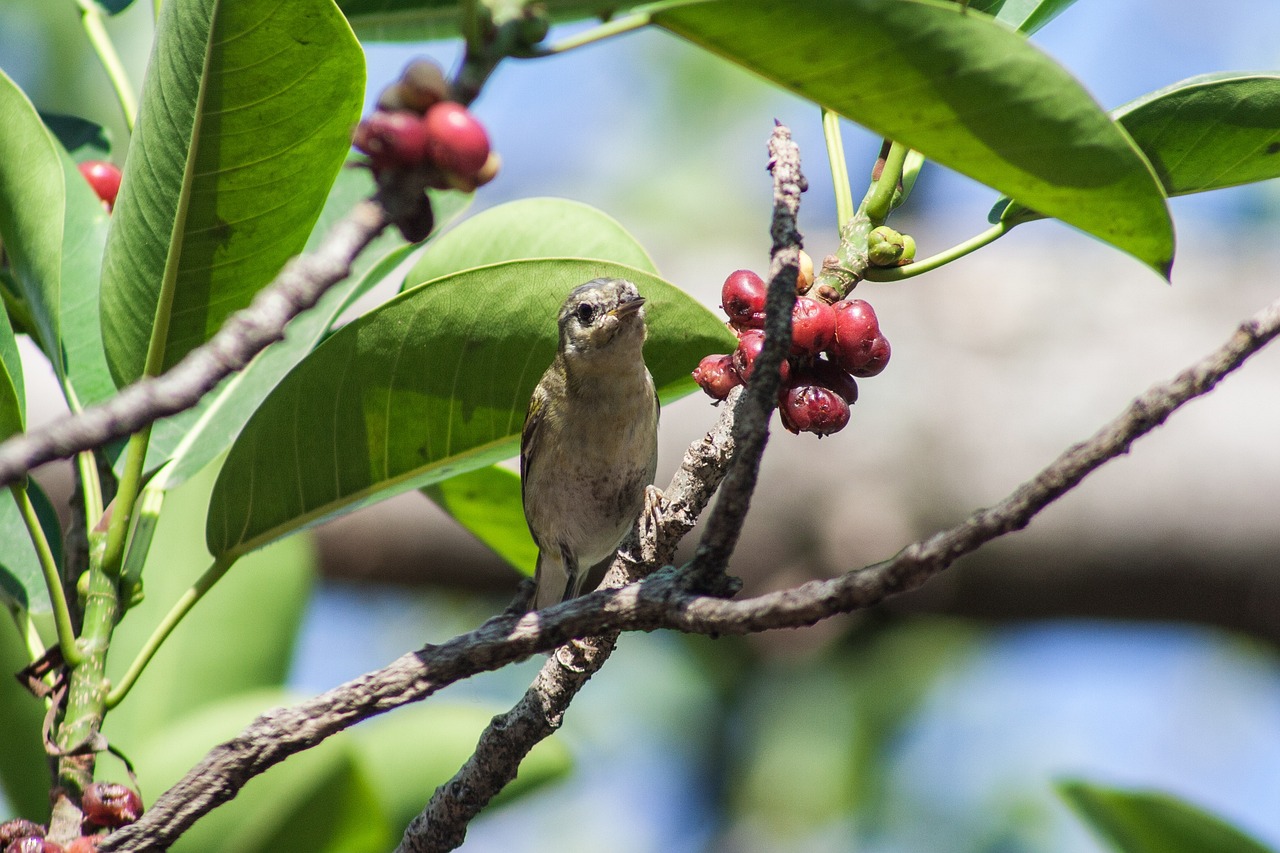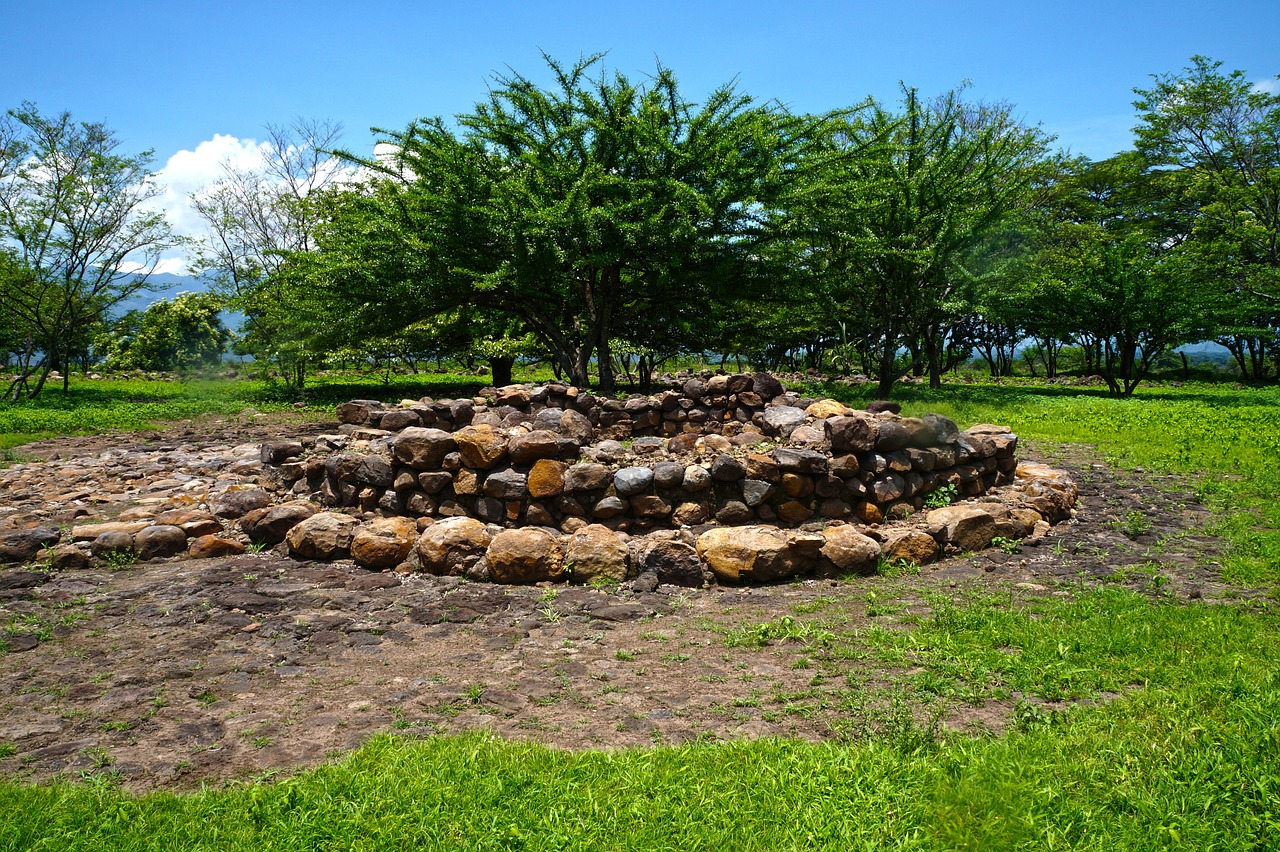El Salvador Video
Language and Communication: Overcoming Barriers in El Salvador
El Salvador, a small country in Central America, is known for its rich culture, stunning landscapes, and warm-hearted people. However, like any other country, El Salvador faces language and communication barriers that can hinder effective interaction between individuals and communities. In this article, we will explore how El Salvador overcomes these barriers and promotes effective communication among its diverse population.
Language Diversity in El Salvador
El Salvador is a country with a diverse linguistic landscape. The official language is Spanish, spoken by the majority of the population. However, there are also indigenous languages spoken by various indigenous communities, such as Nahuatl, Pipil, and Lenca. These languages hold cultural significance and contribute to the country’s cultural heritage.
- Nahuatl: Nahuatl is an indigenous language spoken by the Pipil people in El Salvador. It is a complex language with a rich history and is still spoken by a small number of individuals in some rural communities.
- Pipil: Pipil is another indigenous language spoken by the Pipil people. It has deep roots in the country’s history and is part of the cultural identity of many Salvadorans.
- Lenca: Lenca is an indigenous language spoken by the Lenca community in eastern El Salvador. It is considered an endangered language, with efforts being made to preserve and revitalize it.
Spanish as the Lingua Franca
Despite the linguistic diversity, Spanish serves as the lingua franca in El Salvador. It is the language used in education, government, media, and business. Spanish proficiency is crucial for effective communication and integration into various aspects of Salvadoran society.
- Education: Spanish is the medium of instruction in schools and universities across El Salvador. It allows students from different linguistic backgrounds to learn and communicate effectively.
- Government: Spanish is the language used in official government proceedings, including legislation, administration, and public services. This ensures that all citizens can access and participate in the democratic process.
- Media: Spanish is the dominant language in media outlets, such as newspapers, television, and radio stations. It enables Salvadorans to stay informed about local and international news and events.
- Business: Spanish is the language of commerce and trade in El Salvador. It facilitates economic activities and enables businesses to communicate with local and international partners.
Overcoming Language Barriers
El Salvador recognizes the importance of overcoming language barriers to foster inclusivity and effective communication among its diverse population. Various initiatives and strategies have been implemented to address these challenges.
- Bilingual Education Programs: El Salvador has implemented bilingual education programs that aim to preserve indigenous languages while ensuring Spanish proficiency. These programs help students develop fluency in both Spanish and their indigenous language.
- Language Interpretation Services: In public institutions and services, language interpretation services are provided to assist individuals who do not speak Spanish fluently. This ensures that everyone has access to important information and services.
- Community Language Centers: Community language centers have been established to promote the preservation and revitalization of indigenous languages. These centers offer language classes, cultural activities, and resources to support language learning.
- Language Exchange Programs: Language exchange programs bring together individuals from different linguistic backgrounds to learn from each other. These programs foster mutual understanding and appreciation for different cultures and languages.
Promoting Effective Communication
Effective communication is essential for social cohesion and development. El Salvador has taken steps to promote effective communication among its diverse population.
- Cultural Festivals: Cultural festivals celebrate the diversity of languages and cultures in El Salvador. These events provide a platform for different communities to showcase their traditions, languages, and artistic expressions.
- Language Awareness Campaigns: Language awareness campaigns aim to promote respect for different languages and encourage multilingualism. These campaigns raise awareness about the importance of effective communication and the value of linguistic diversity.
- Intercultural Dialogue: Interactions between different linguistic and cultural groups are encouraged to foster understanding and collaboration. Through intercultural dialogue, stereotypes and prejudices can be challenged, leading to stronger social bonds.
El Salvador Image 1:

Overcoming Language Barriers in El Salvador
Despite the challenges, El Salvador is making significant progress in overcoming language barriers. By embracing linguistic diversity, implementing inclusive policies, and promoting effective communication, the country is creating an environment where all individuals can participate and thrive.
El Salvador Image 2:

Conclusion
Language and communication barriers can pose challenges in any society. However, El Salvador is committed to overcoming these barriers by valuing linguistic diversity, promoting language proficiency, and fostering effective communication. Through inclusive policies and initiatives, the country is working towards a more inclusive and cohesive society.
El Salvador Image 3:

References
– Ministry of Education of El Salvador: educacion.gob.sv
– National Indigenous Council of El Salvador: cnpis.org
– El Salvador Government Official Website: gob.sv
– El Salvador Tourism Official Website: turismo.gob.sv


